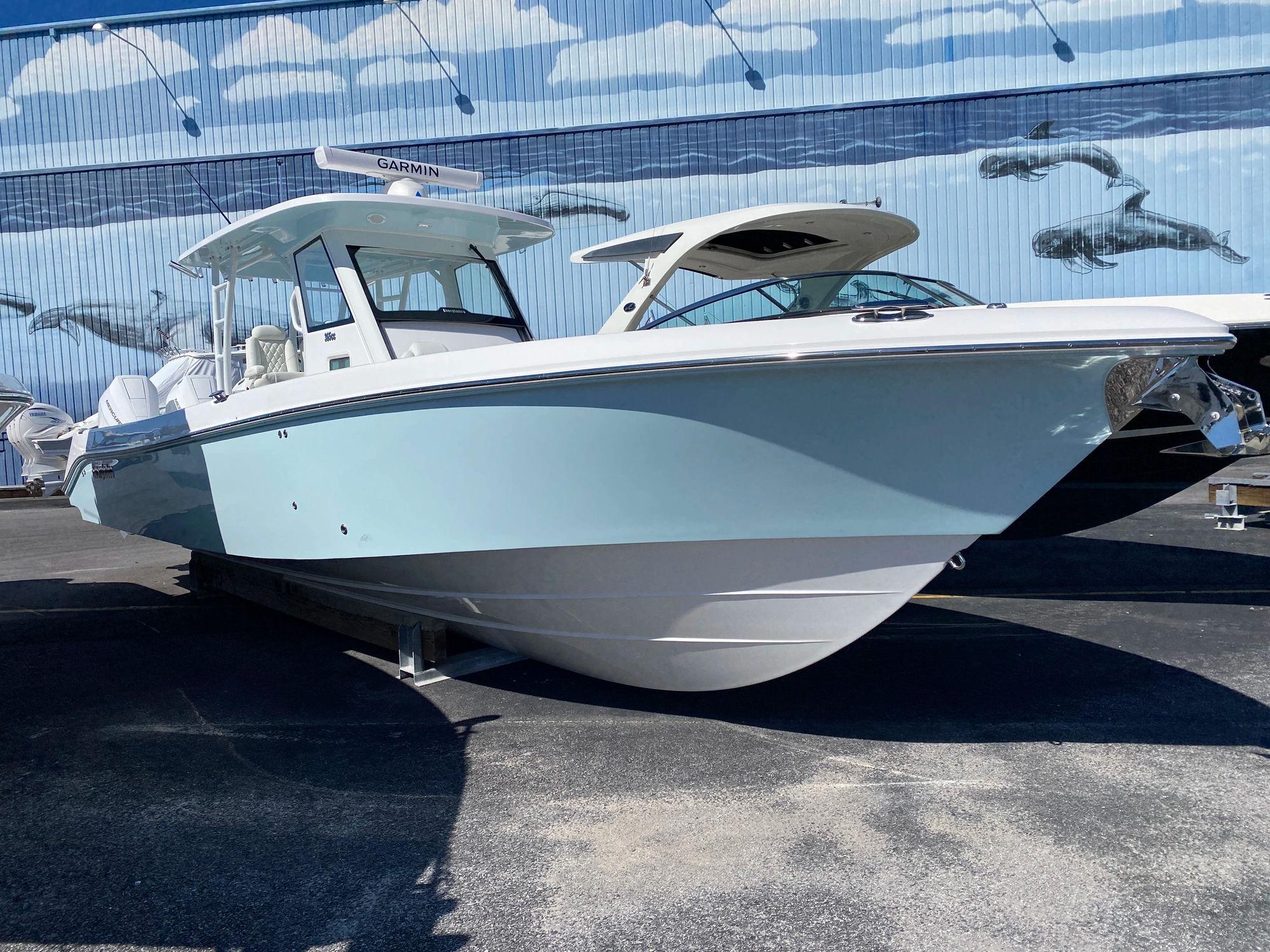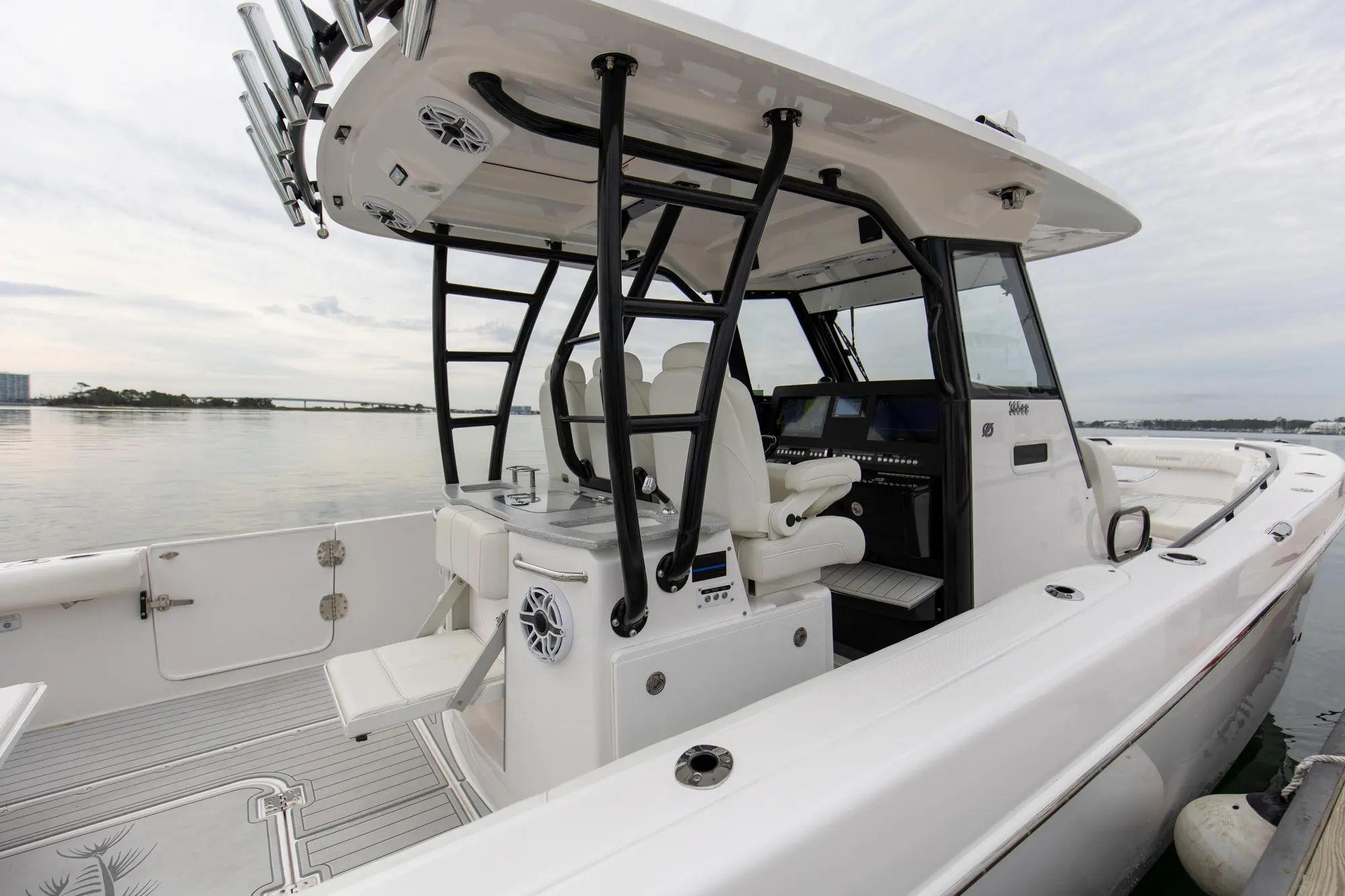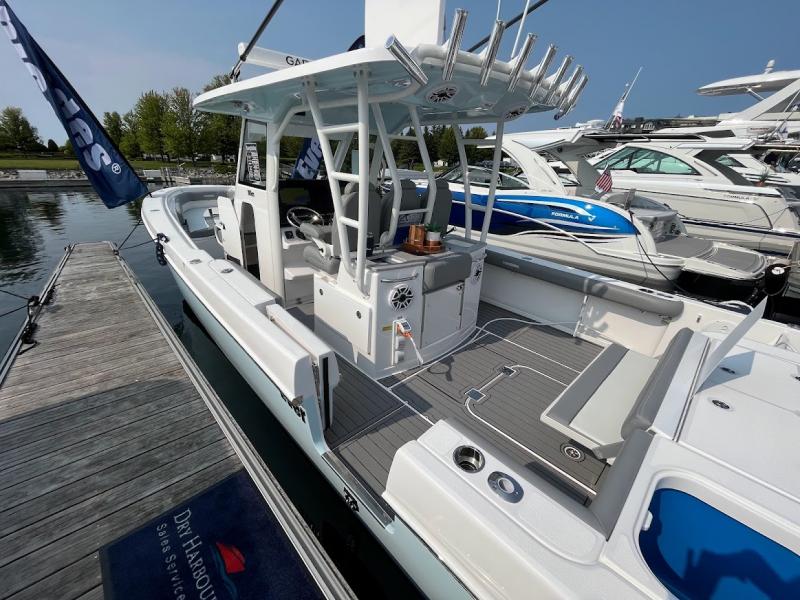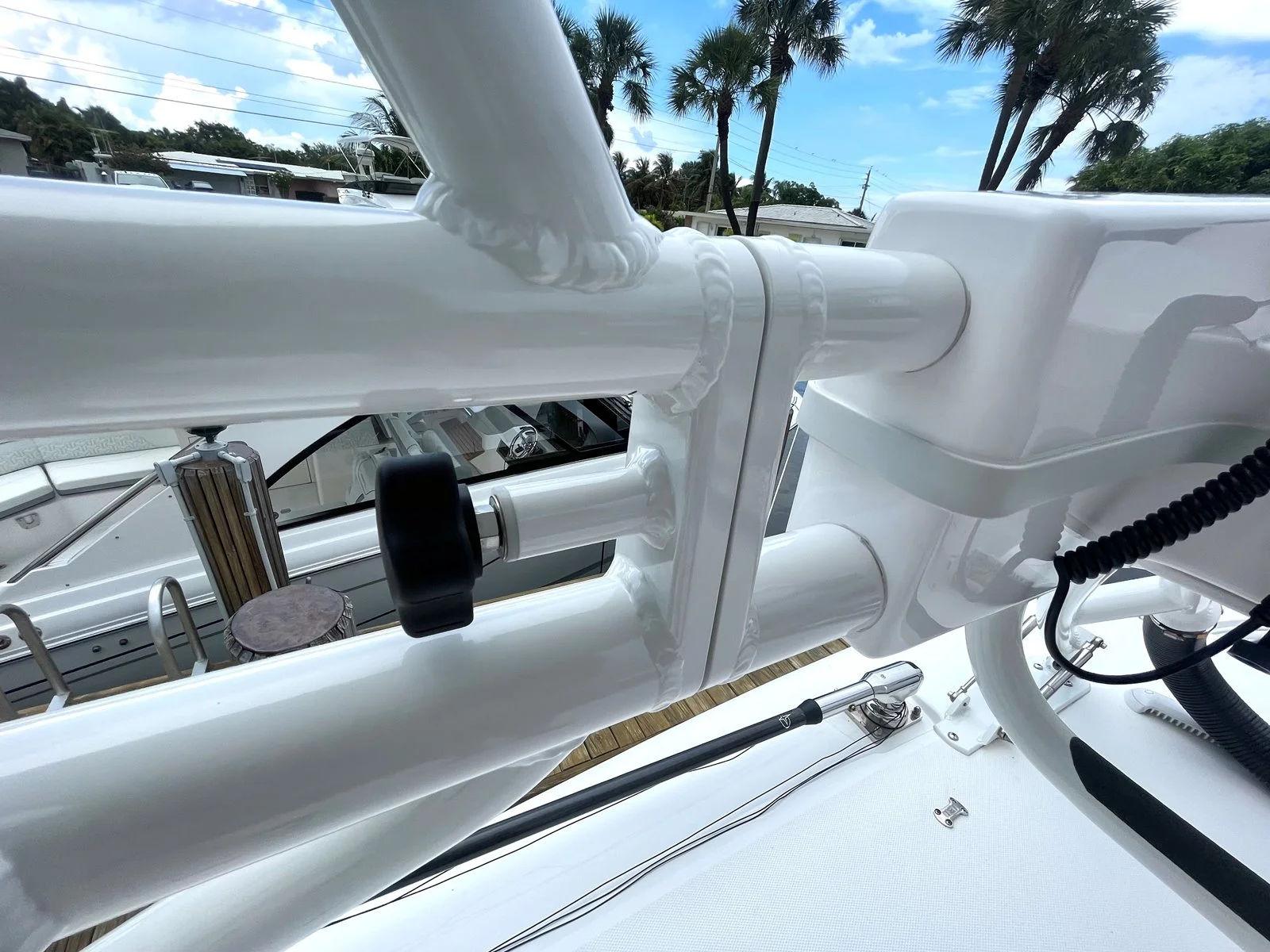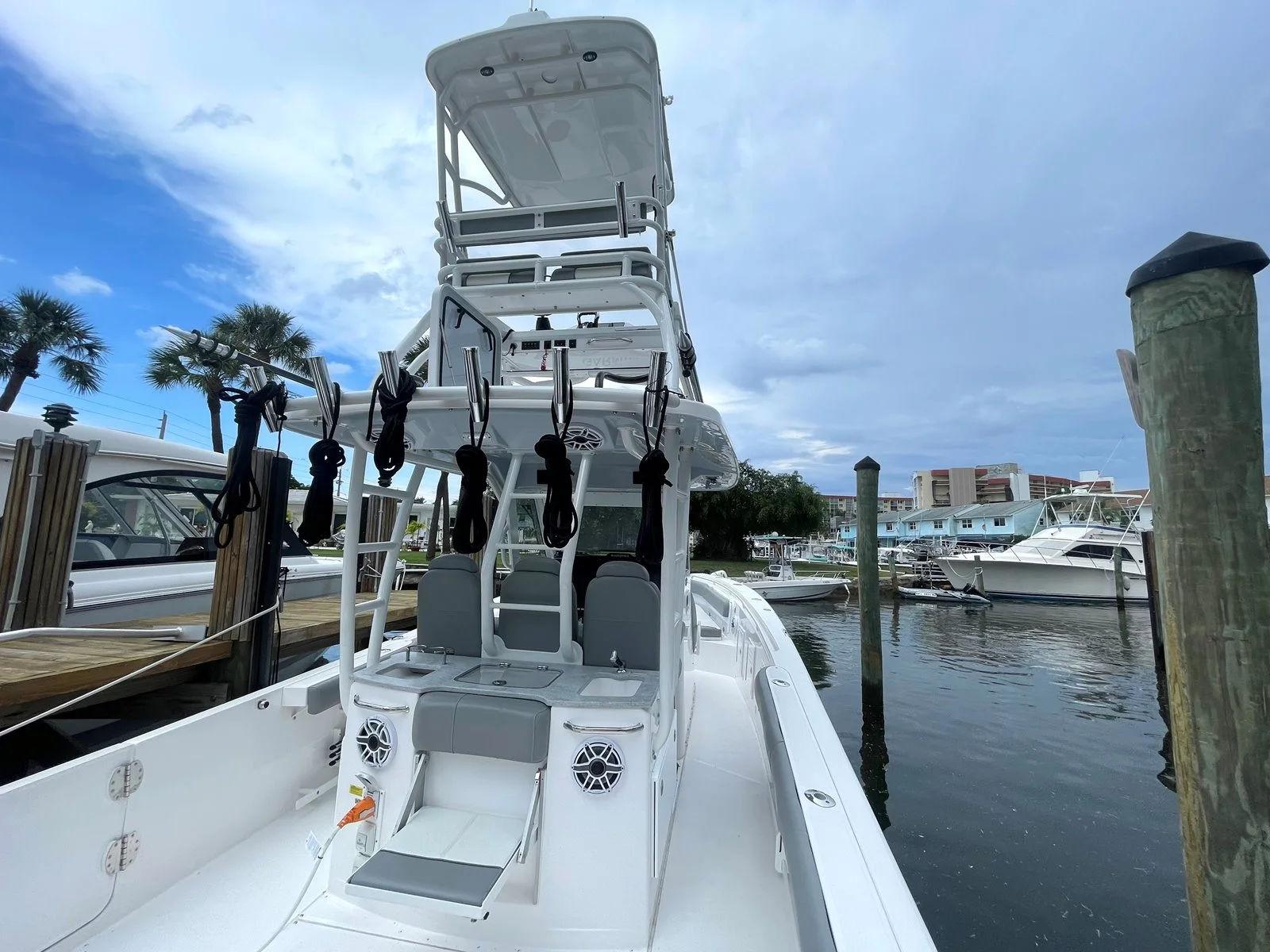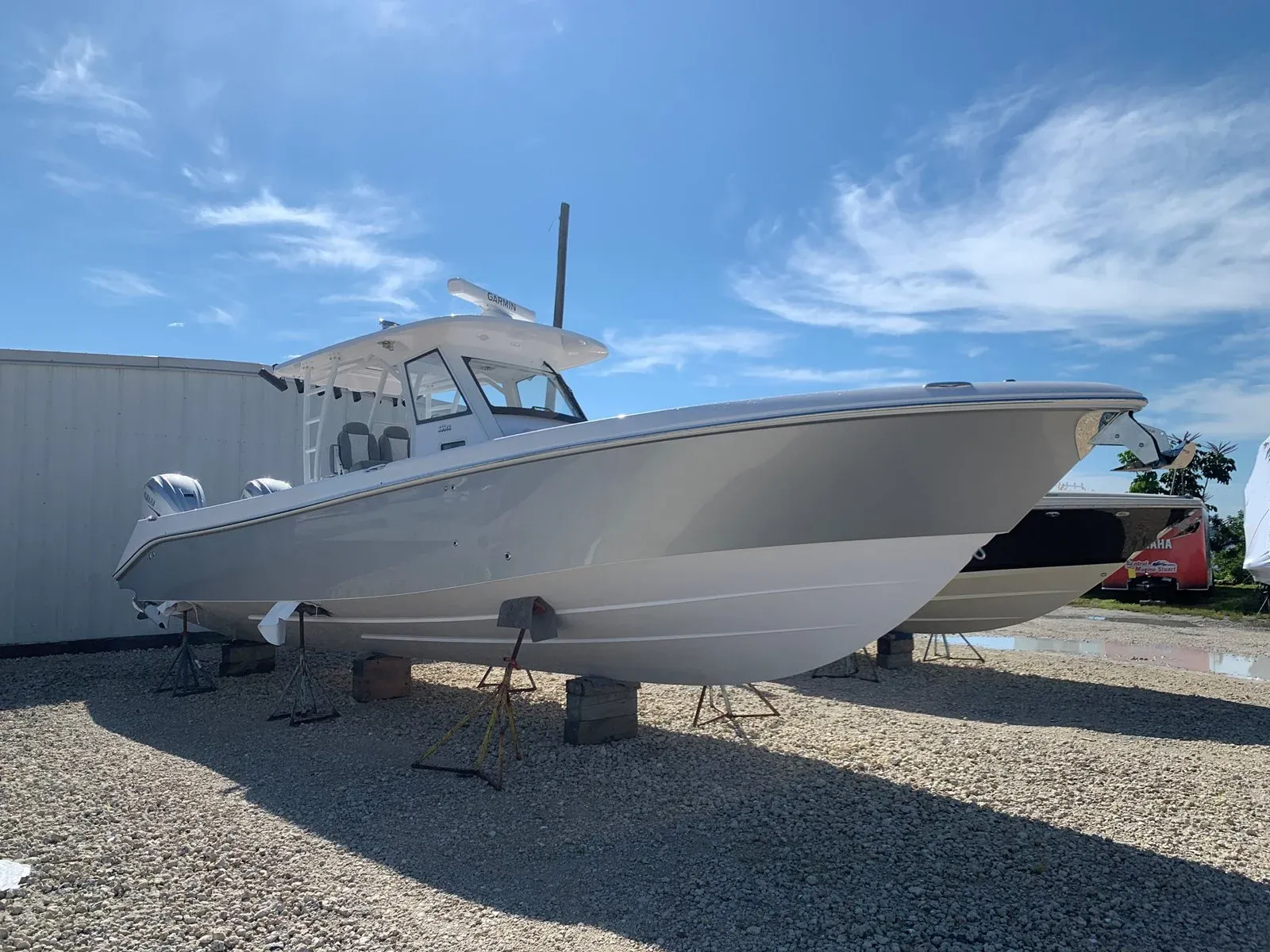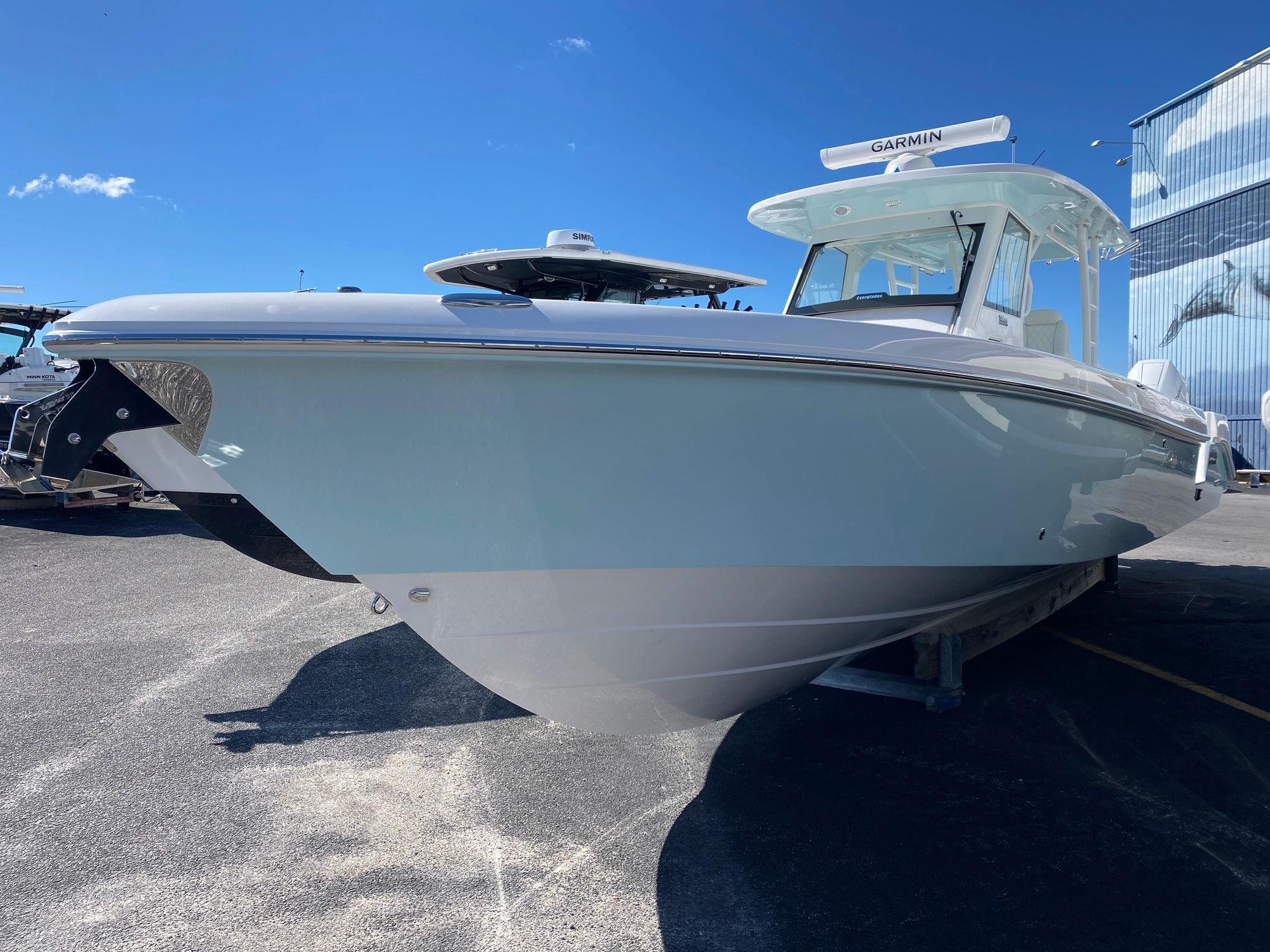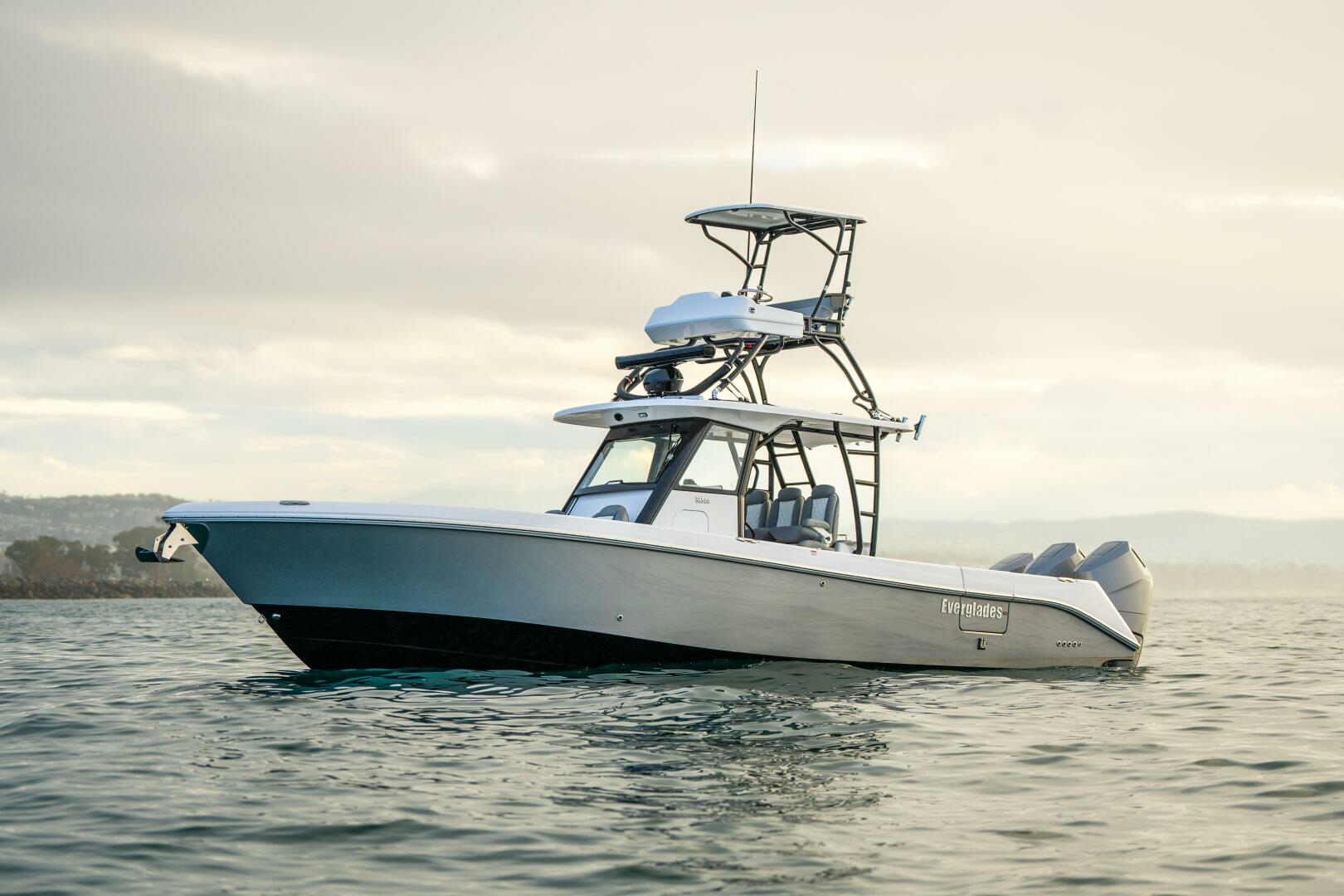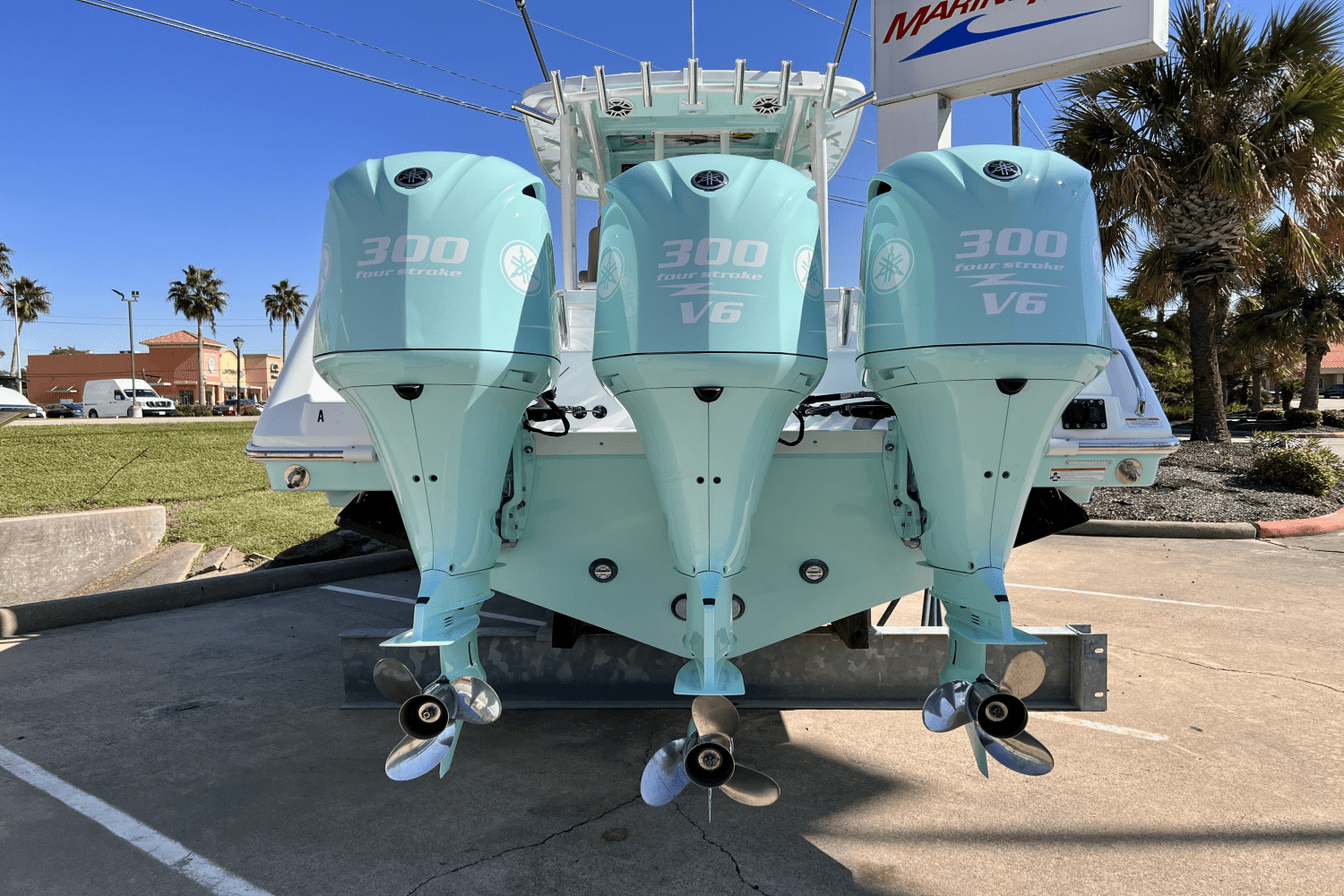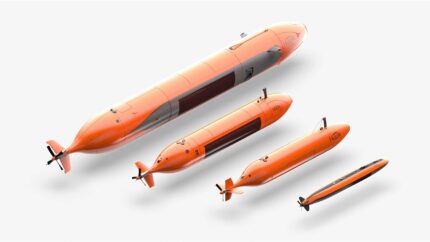Description
The Everglades, a UNESCO World Heritage Site located in Florida, is a unique and vital ecosystem that encompasses a diverse range of flora and fauna. It spans over 1.5 million acres, characterized by subtropical wetlands, sawgrass marshes, and mangrove forests. The Everglades is often referred to as the “River of Grass” due to its slow-moving waters that support a rich tapestry of life. Within this vast landscape, a variety of species thrive, including the endangered American crocodile, the elusive panther, and numerous bird species that migrate to and from the region. The Everglades is a stunning example of the delicate balance of nature and underscores the importance of preserving such irreplaceable ecosystems.
However, this natural wonder faces numerous threats, primarily from human activity. Issues such as water management, urban development, and climate change have led to significant ecological alterations. The introduction of invasive species has further complicated the ecosystem, putting native plants and animals at risk. Efforts to restore and protect the Everglades are ongoing, with initiatives aimed at improving water quality, restoring natural water flow, and conserving habitats critical for wildlife. The National Park Service and various environmental organizations are working tirelessly to raise awareness and promote sustainable practices that can help safeguard this essential region for future generations.
The importance of the Everglades goes far beyond its breathtaking scenery; it plays a crucial role in the health of the regional and even global environment. The wetlands act as a vital water filtration system, improving water quality for the surrounding communities, and serve as a carbon sink, helping to mitigate climate change. Furthermore, the Everglades supports a thriving eco-tourism industry that fosters appreciation for nature and provides economic benefits to local communities. Engaging with this incredible landscape allows visitors to understand the interconnectedness of ecosystems and the vital role they play in our world. Whether hiking through its trails, kayaking along its waterways, or observing its wildlife, experiencing the Everglades is a reminder of the importance of nature conservation and the need to protect these precious resources.

